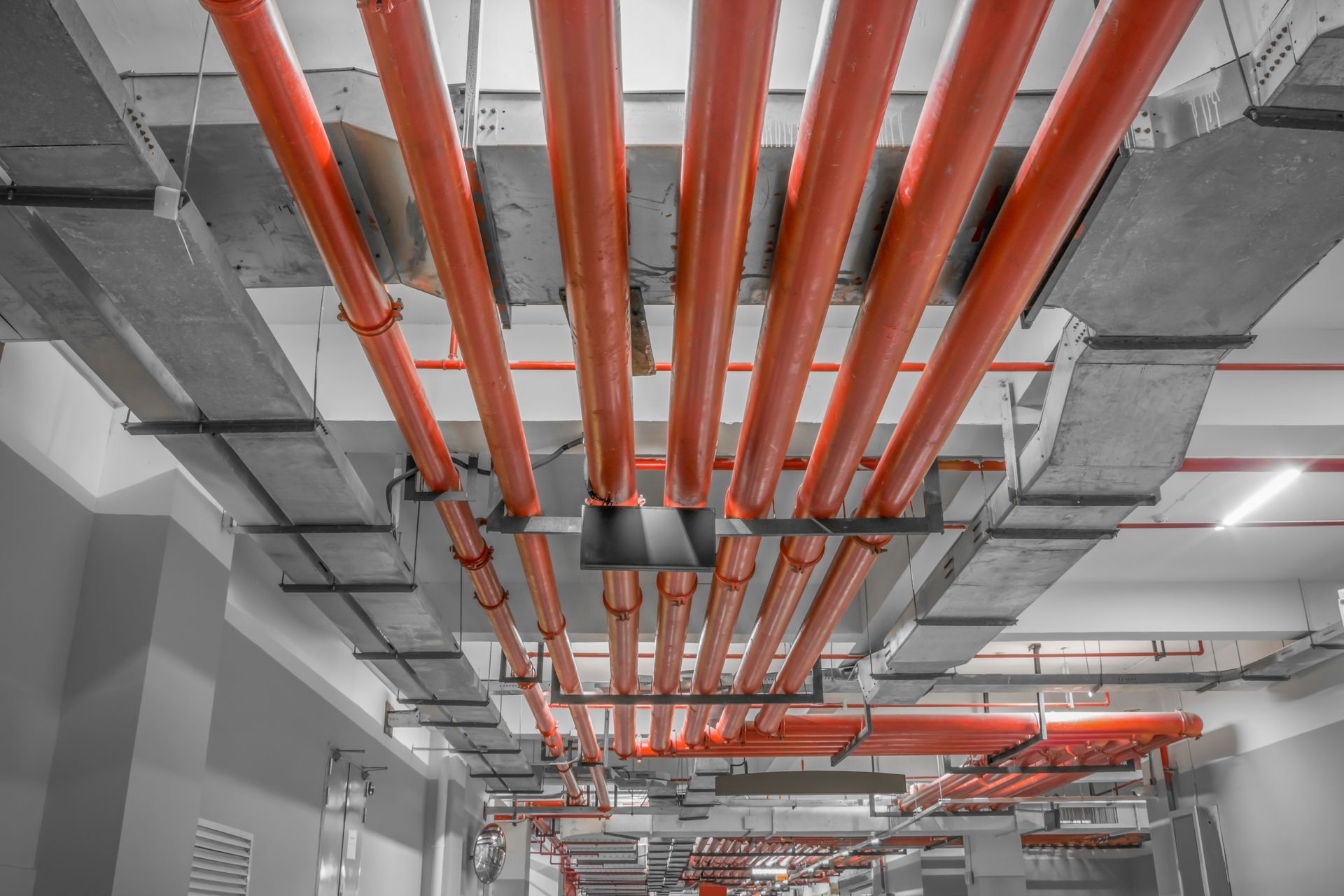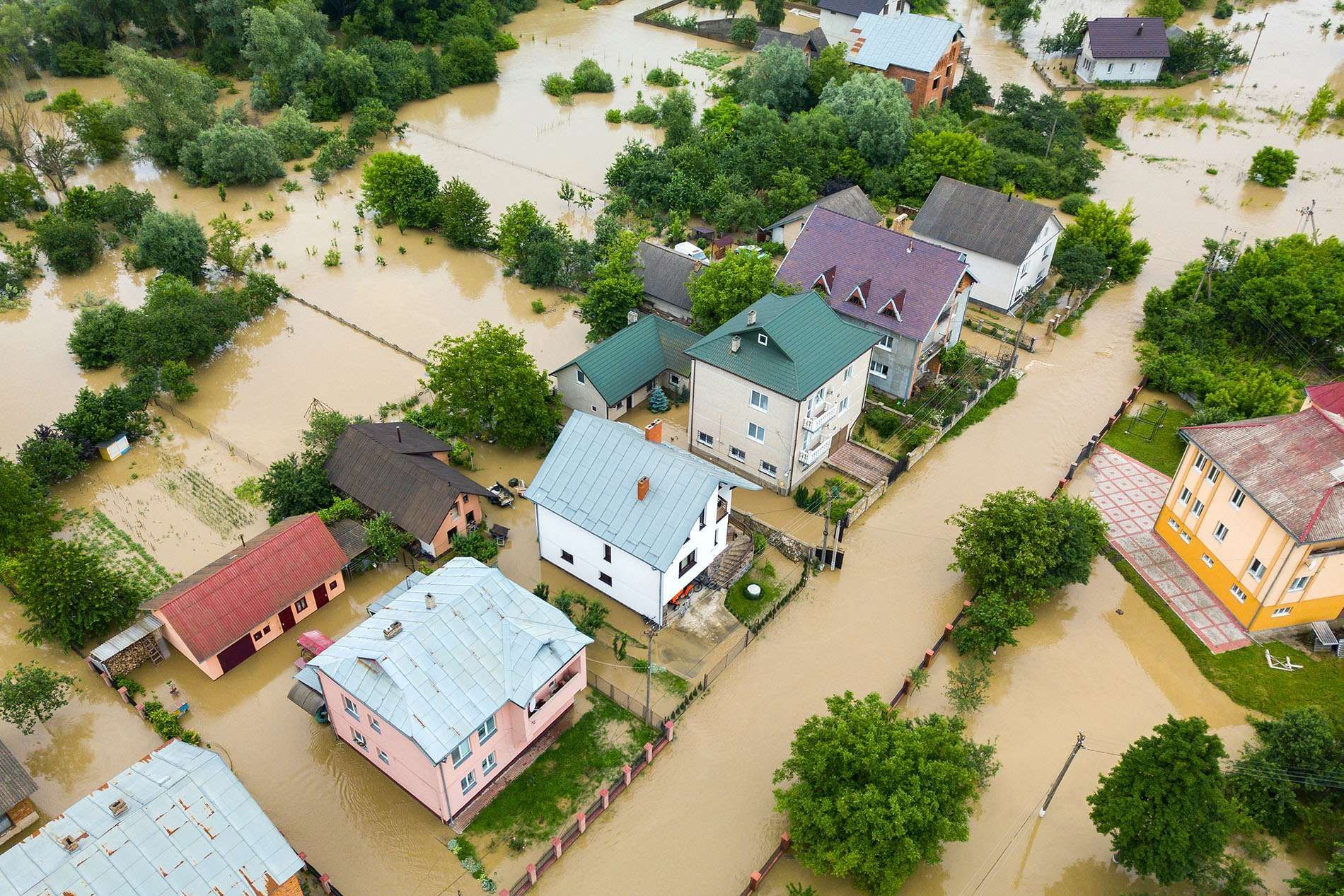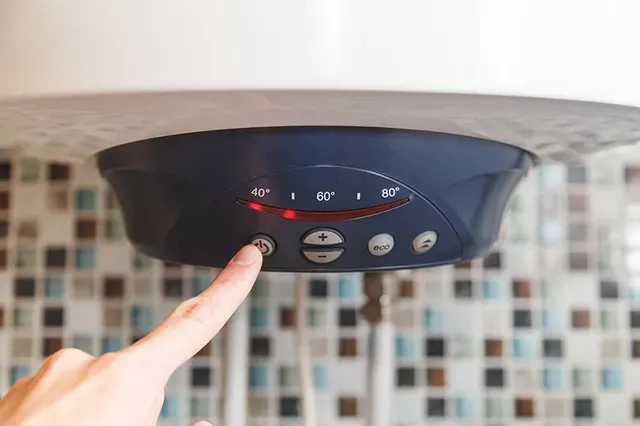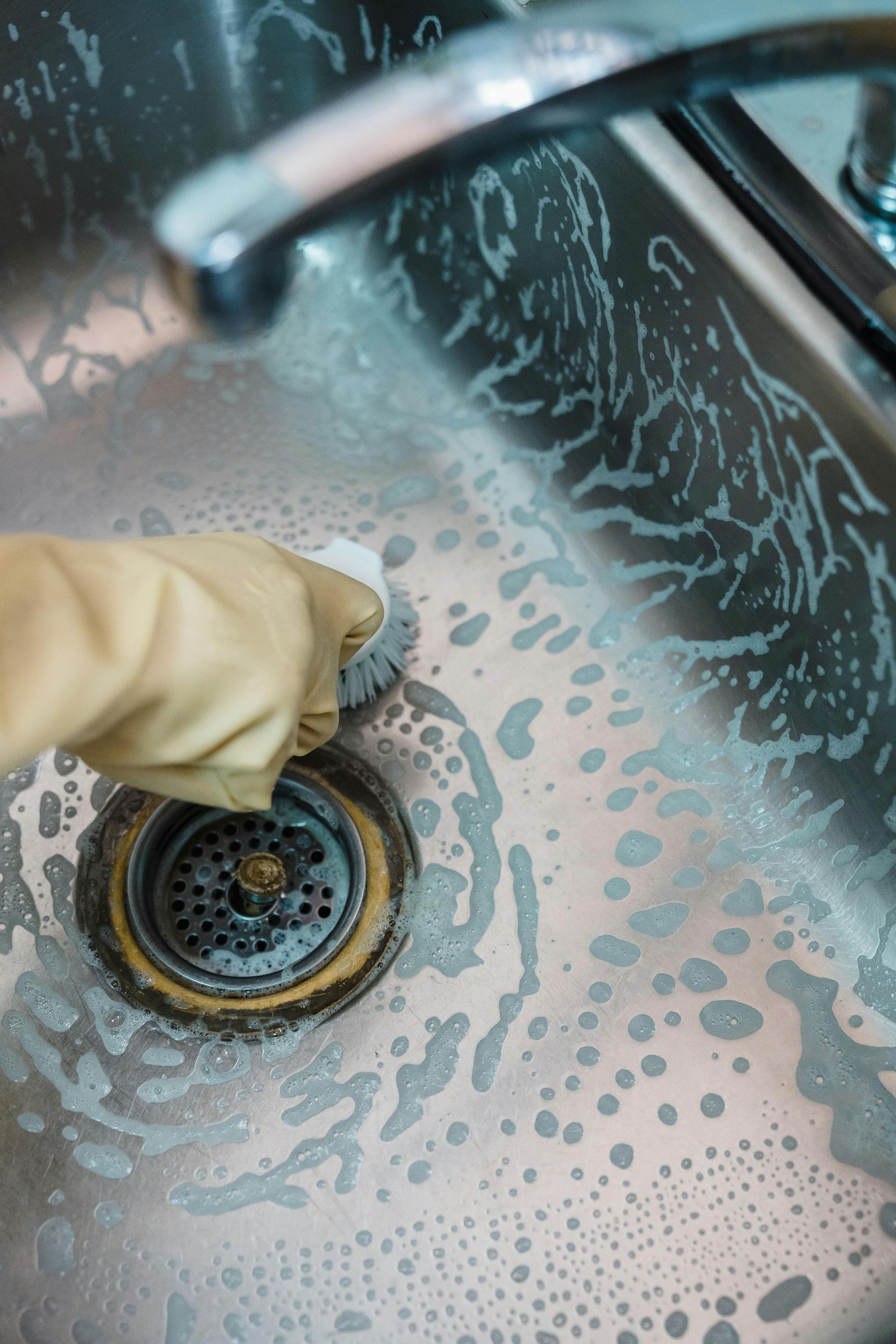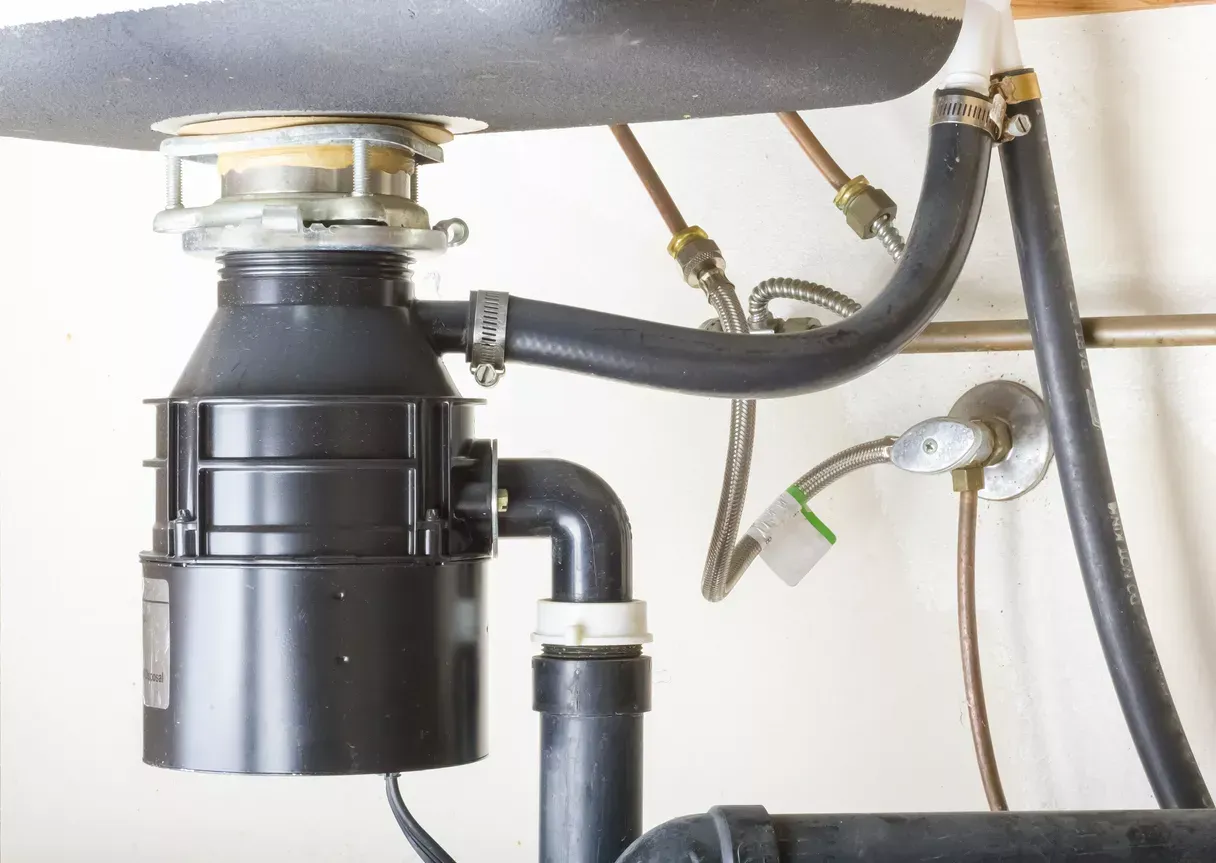Common Signs That Your Sewer Line Needs Clearing
Your home's sewer line is a vital part of the plumbing system, responsible for carrying wastewater from your home to the municipal sewer or septic tank. Over time, sewer lines can become clogged, causing serious issues that may affect your entire plumbing system. Knowing when your sewer line needs clearing can save you from expensive repairs and keep your plumbing functioning smoothly. In this in-depth article, we'll explore the most common signs that indicate your sewer line may need clearing, why these problems occur, and how to address them before they escalate.
The Benefits of Cleaning Your Drains
1. Slow Draining Fixtures
One of the earliest and most common signs that your sewer line may need clearing is slow drainage in your sinks, bathtubs, and showers. If water takes longer than usual to drain, it could indicate a blockage in your sewer line. While a single slow drain could be caused by a localized clog, such as hair or soap buildup, multiple slow drains throughout your home suggest a more extensive issue in the main sewer line.
Causes:
- Tree roots infiltrating the line.
- Buildup of grease, soap scum, or foreign objects.
Solution:
Professional plumbers use high-powered water jetting or augers to clear stubborn clogs and restore proper drainage.
2. Frequent Backups
If you notice frequent backups in your toilet or other drains, especially when using multiple fixtures at once, it’s a strong indication that your sewer line is blocked. Wastewater should flow smoothly through the system, but if the line is clogged, the water has nowhere to go and starts backing up into your home.
Common Scenarios:
- Flushing the toilet causes water to back up into the bathtub or shower.
- Running the washing machine causes water to overflow from the toilet or floor drains.
Solution:
A plumber can inspect the line with a camera and clear the blockage, often caused by tree roots, debris, or collapsed pipes.
3. Gurgling Noises from Drains
Hearing strange gurgling sounds from your drains, toilets, or pipes when water is draining is a red flag for sewer line issues. These noises are often caused by air trapped in the pipes due to a clog. When water flows past the obstruction, it creates air bubbles that produce the gurgling sound.
Signs to Watch For:
- Gurgling in the toilet after flushing.
- Bubbling sounds from the shower or sink after draining water.
Solution:
Clearing the main sewer line can eliminate these sounds, preventing the clog from becoming a bigger problem.
4. Foul Odors Around Your Home
Foul smells coming from drains, toilets, or even the area around your home’s foundation may indicate a sewer line issue. Wastewater should flow away from your home through a sealed system, but if there's a break or blockage, sewage gases can escape and cause an unpleasant odor.
Why It Happens:
- A blockage is causing wastewater to sit in the pipes and release gases.
- A crack or damage in the sewer line is allowing sewage to leak into the surrounding soil.
Solution:
Immediate sewer line inspection is necessary to find the source of the leak or blockage and fix it before it turns into a more serious health hazard.
5. Multiple Clogged Drains
While a single clogged drain is usually not a cause for concern, multiple clogs occurring at the same time in different fixtures often indicate a more serious problem. For example, if your kitchen sink, bathroom sink, and shower are all clogged or draining slowly, it’s likely that the issue lies deeper in the main sewer line.
Cause:
- A significant blockage in the sewer line is preventing proper drainage throughout your home.
Solution:
Clearing the main line will resolve clogs in multiple drains at once, preventing further plumbing issues.
6. Water Pooling Around the Yard
If you notice water pooling in your yard or around your home’s foundation, particularly after using household plumbing, this could be a sign of a broken or leaking sewer line. Sewer lines are buried underground, and a crack or collapse can cause wastewater to seep into the soil, leading to soggy patches in your yard.
Additional Signs:
- A sudden increase in pests like flies or rodents around the wet area.
- Lush, unusually green grass growing in one spot, which may indicate the presence of a sewage leak that’s fertilizing the grass.
Solution:
A sewer line repair or replacement may be needed, depending on the extent of the damage. A professional plumber will use specialized equipment to locate the problem and recommend the best solution.
7. Septic Waste Backup
In homes with septic systems, a backup of septic waste into the house is a clear indicator that your sewer line is blocked or your septic tank is full. This issue can lead to significant damage to your home and poses a health risk due to the exposure to harmful bacteria and waste.
Causes:
- A clog in the line that connects your home to the septic tank.
- The septic tank is full and needs to be pumped.
Solution:
Call a septic service to inspect and pump your tank or clear the line. Regular maintenance can prevent these backups from happening in the future.
8. Lush Patches of Grass
If you observe patches of unusually lush or green grass in your yard, this could be an indication of a sewer line leak. Leaking sewage acts as a fertilizer, promoting growth in localized areas, even if the rest of your lawn looks normal.
Solution:
A plumber can perform a sewer camera inspection to locate the exact point of the leak and determine if repair or replacement is necessary.
9. Foundation Cracks and Sinkholes
In severe cases, a damaged sewer line can cause the soil around your home to shift, leading to foundation cracks or even sinkholes. This happens when leaking sewage erodes the soil around the pipe, causing structural instability in the surrounding area.
Warning Signs:
- Unexplained cracks in your home’s foundation or walls.
- Small depressions or sinkholes in your yard.
Solution:
A broken sewer line requires immediate attention to prevent further damage. Depending on the extent of the issue, the plumber may need to repair the line or replace sections of it.
Conclusion
Your sewer line is essential to your home’s plumbing, and recognizing the signs of a problem early can prevent costly repairs and damage. If you notice slow drains, backups, foul odors, or water pooling in your yard, it's time to take action. Regular maintenance and inspections can keep your sewer line clear and functioning efficiently. If you're experiencing any of the issues mentioned above, contact a professional plumber to assess your sewer line and recommend the necessary solutions. Taking proactive steps can save you from severe and expensive repairs in the future.


